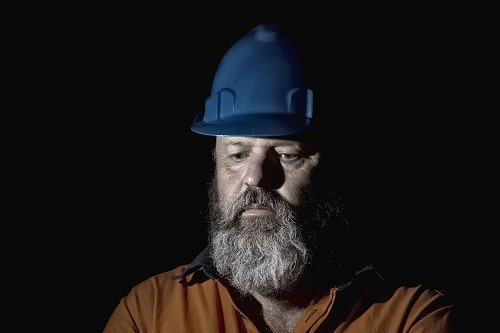As the government’s planned new publicly owned body, Great British Railways (GBR), comes down the tracks in two years' time the railways’ chief inspector has sounded a note of cautious optimism.
News
"Great British Railways reform brings opportunities, but we mustn’t compromise safety,” urges rail chief
GBR, which for the first time in over 20 years will put the railways back into public ownership, will be responsible for passenger services and infrastructure in Great Britain. Expected no earlier than late 2026, it is intended to modernise working practices and be simpler and more cost effective for passengers to use.
As the rail sector reported a mainly positive year for safety, in which accidents have remained “broadly consistent with recent years” despite an increase in passenger numbers, its director said the transition from private to public ownership must not derail day-to-day safety work.
 Paddington Station. Photograph: iStock
Paddington Station. Photograph: iStock
Richard Hines, HM Chief Inspector of Railways and Director of Railway Safety, commenting in the industry’s annual health and safety report published today, said: “The creation of Great British Railways (GBR) and the restructuring of the industry are intended to simplify, integrate, and modernise how our railway works.
“But as we start this period of transformation, also in the context of a constrained financial environment, the health and safety of passengers, workers, and the public must remain the priority for the duration.”
He looked ahead to “huge opportunities to evolve our safety culture”: “Done well, a more integrated railway – underpinned by unified leadership – can better identify and manage risk.”
But he also warned that “reform introduces areas of uncertainty”: “If attention is diverted from the day-today safety of the railway, or if roles and responsibilities are not clearly defined, there is a risk that safety performance could be compromised.”
GBR will operate most rail infrastructure in Great Britain, most passenger rail services in England, and some cross-border passenger rail services in Scotland and Wales.
 Image: Department for Transport, DfT Operator Limited
Image: Department for Transport, DfT Operator Limited
It reverses more than 20 years of private ownership of British railways. The privatisation of British Rail happened in the mid-nineties' and was overseen by then Prime Minister John Major.
Commenting on safety and GBR, Secretary of State for Transport, Heidi Alexander, said: “Safety will be a priority throughout the programme of transitioning passenger services into public ownership and the Department for Transport will work closely with the Office of Rail and Road, the independent regulator for the railways, in this regard.”
The annual report of health and safety on Britain’s railways covering April 2024 to March 2025 shows overall train accident risk was broadly consistent with recent years.
Workforce safety incidents remained 'stable' overall, with 29 high-potential events recorded. The leading causes continued to be slips, trips, and falls. Technology and near-miss incidents involving trackworkers have fallen ‘significantly’ from 65 to 16 annually.
There were 38 deaths on the railways in the first three years under private management from 1994 to 1997. Railtrack (later Network Rail) was found guilty of failing to properly identify, repair, or replace the rapidly deteriorating rail that led to the Hatfield rail crash in 2000 in which four were killed.
Annual report of health and safety on Britain's railways 2024 to 2025 here
Updates on the programme to transfer rail services into public ownership and establish GBR as the body responsible for passenger services and infrastructure: https://www.gov.uk/guidance/great-british-railways#great-british-railways-is-coming-soon
NEWS

Nearly half of UK workers afraid to flag risks, finds new research
By Belinda Liversedge on 10 February 2026
A significant “silence gap” is threatening UK workplace safety and operational integrity, according to new data released by training provider Mental Health First Aid (MHFA) England.
Sexual misconduct in dentistry: former GDC fellow warns of ‘culture of silence’
By Belinda Liversedge on 05 February 2026
A former General Dental Council (GDC) clinical fellow is calling for a radical shift in how the dental sector manages workplace risk, warning that a “culture of silence” is masking the problem of sexual misconduct in the profession.

Tinnitus UK demands national safety standard as live music workers face hearing loss epidemic
By Belinda Liversedge on 03 February 2026
Tinnitus UK is calling for clear, enforceable standards on hearing protection and training after a staggering 93 per cent of live music workers report hearing problems.



